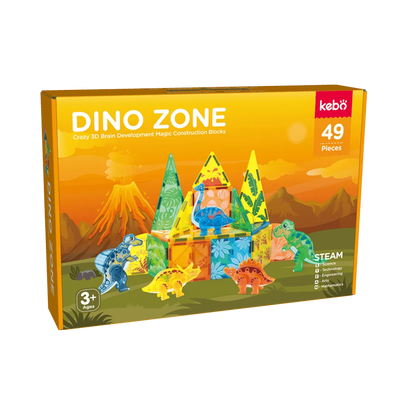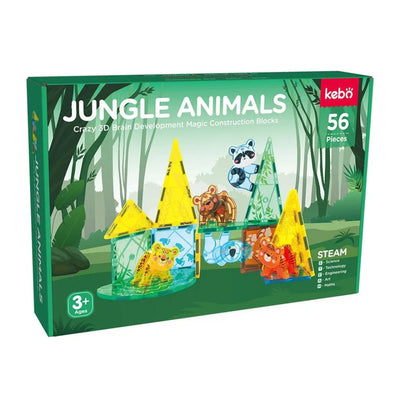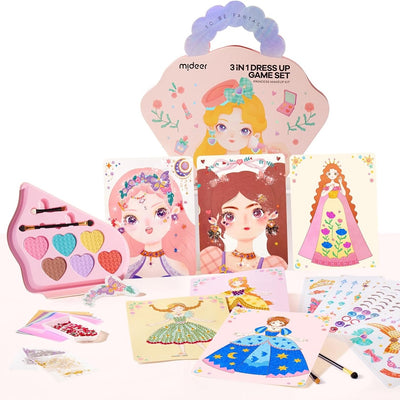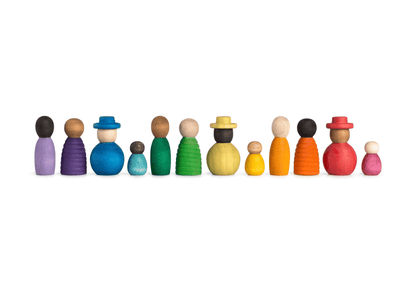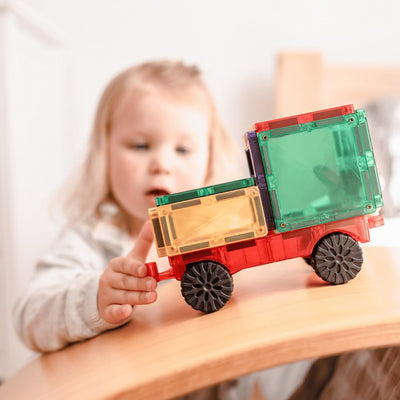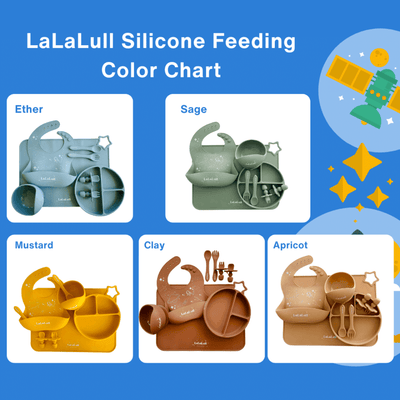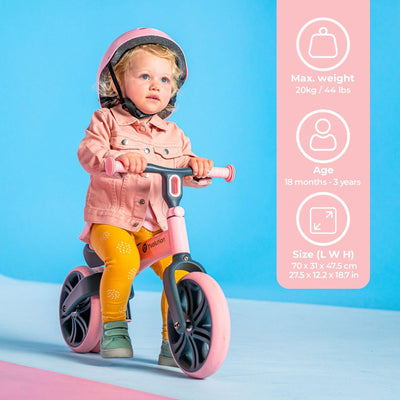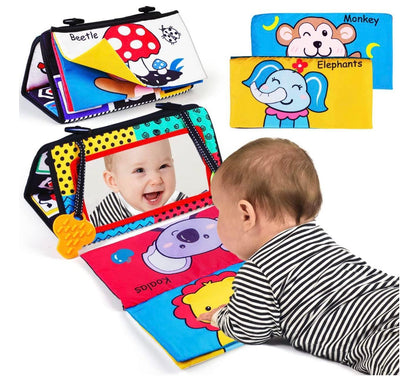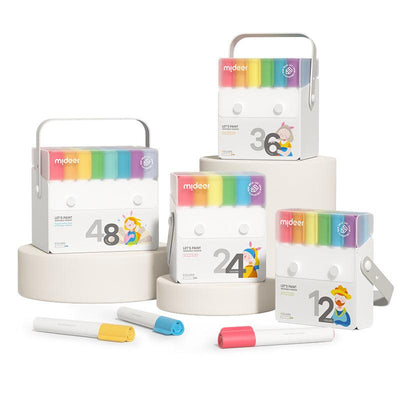Montessori Toys are designed based on the principles of the Montessori method, an educational approach developed by Dr. Maria Montessori in the early 1900s. These toys are specifically crafted to foster independence, creativity, and learning in children by encouraging hands-on, self-directed activities.
Understanding Montessori Toys
What Are Montessori Toys?
Montessori toys are:
- Purposeful and Simple: They are designed to focus on a single skill or concept.
- Natural Materials: Often made from wood, metal, cotton, and other natural materials, providing a sensory-rich experience.
- Reality-Based: Reflect real-life objects and activities to help children understand and relate to the world around them.
- Self-Correcting: Allow children to see and correct their own mistakes, promoting problem-solving skills.
How Are Montessori Toys Different?
- Emphasis on Learning: Each toy has a specific educational purpose, designed to develop a particular skill or concept.
- Child-Centered: Encourage independence and self-paced learning, allowing children to explore and learn at their own speed.
- Multi-Sensory Engagement: Designed to engage multiple senses, enhancing sensory development and cognitive growth.
How Do Montessori Toys Benefit Children?
Cognitive Development
- Problem-Solving Skills: Toys like puzzles and sorting games help children learn to solve problems independently.
- Concentration: Activities requiring focus and precision help improve a child’s attention span.
- Language Skills: Toys that encourage naming and storytelling foster language development.
Motor Skills Development
- Fine Motor Skills: Toys that involve grasping, twisting, and fitting pieces together enhance fine motor skills.
- Gross Motor Skills: Larger, more physical toys promote coordination and overall physical development.
Social and Emotional Development
- Independence: Toys that children can use on their own build confidence and self-reliance.
- Collaboration: Activities designed for group play foster teamwork and social interaction.
Why Choose Montessori Toys?
Encourages Independent Play
- Self-Directed Learning: Children can explore and learn at their own pace, fostering a love for learning.
- Decision Making: Encourages children to make choices and take responsibility for their activities.
Promotes Real-Life Skills
- Practical Life Activities: Toys like kitchen sets, gardening tools, and cleaning kits teach children real-world skills.
- Realistic Toys: Reflect everyday objects and scenarios, helping children understand their environment.
Sustainable and Durable
- Eco-Friendly Materials: Often made from sustainable, non-toxic materials, making them safe for children and the environment.
- Longevity: High-quality materials ensure the toys last longer, providing value over time.
Examples of Montessori Toys
For Infants
- Soft Cloth Books: Encourages early literacy and sensory exploration.
- Grasping Toys: Help develop hand-eye coordination and fine motor skills.
For Toddlers
- Stacking Rings: Promote fine motor skills, hand-eye coordination, and understanding of size and order.
- Shape Sorters: Enhance problem-solving skills and spatial awareness.
For Preschoolers
- Practical Life Kits: Miniature kitchen sets, gardening tools, and cleaning kits that teach real-world skills.
- Building Blocks: Encourage creativity, problem-solving, and spatial reasoning.
How to Incorporate Montessori Toys at Home
Creating a Montessori-Friendly Environment
- Organized Spaces: Keep toys accessible and neatly organized to encourage independent play.
- Rotate Toys: Regularly switch out toys to keep the environment stimulating and engaging.
- Child-Sized Furniture: Provide furniture that fits your child's size, promoting independence and ease of use.
Engaging with Your Child
- Observe and Follow: Watch your child’s interests and introduce toys that align with their developmental stage.
- Facilitate, Don’t Direct: Allow your child to lead their playtime, stepping in only to guide or support when needed.
- Encourage Exploration: Provide a variety of toys that cover different skills and interests, encouraging holistic development.
Conclusion
Montessori Toys are more than just playthings; they are tools that support a child's overall development by fostering independence, creativity, and a love for learning. By choosing Montessori toys, parents can create a rich, educational environment that nurtures their child’s natural curiosity and desire to learn. Whether through cognitive, motor, or social development, these toys offer countless benefits that help children thrive.
